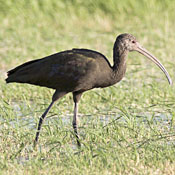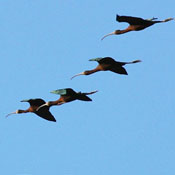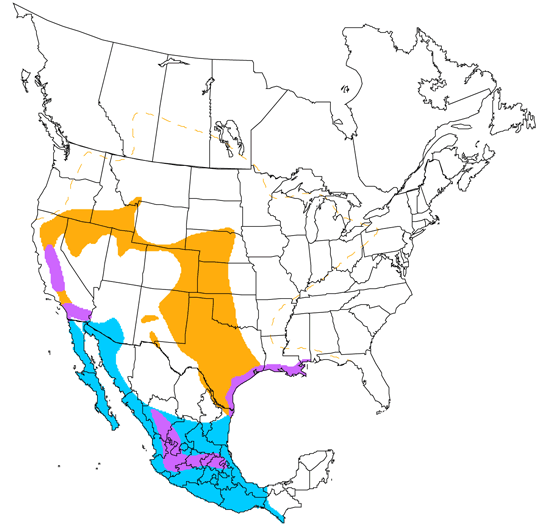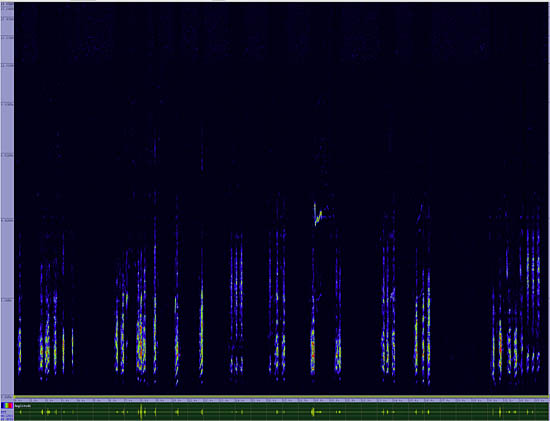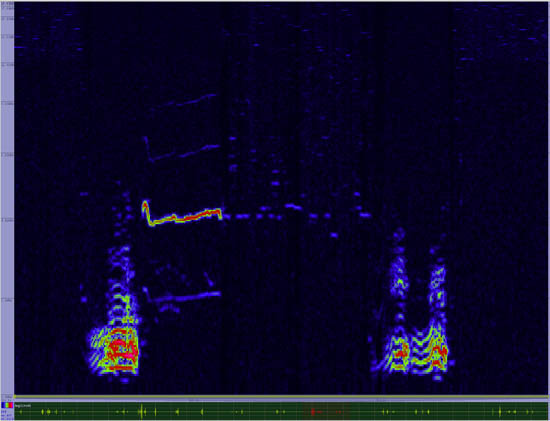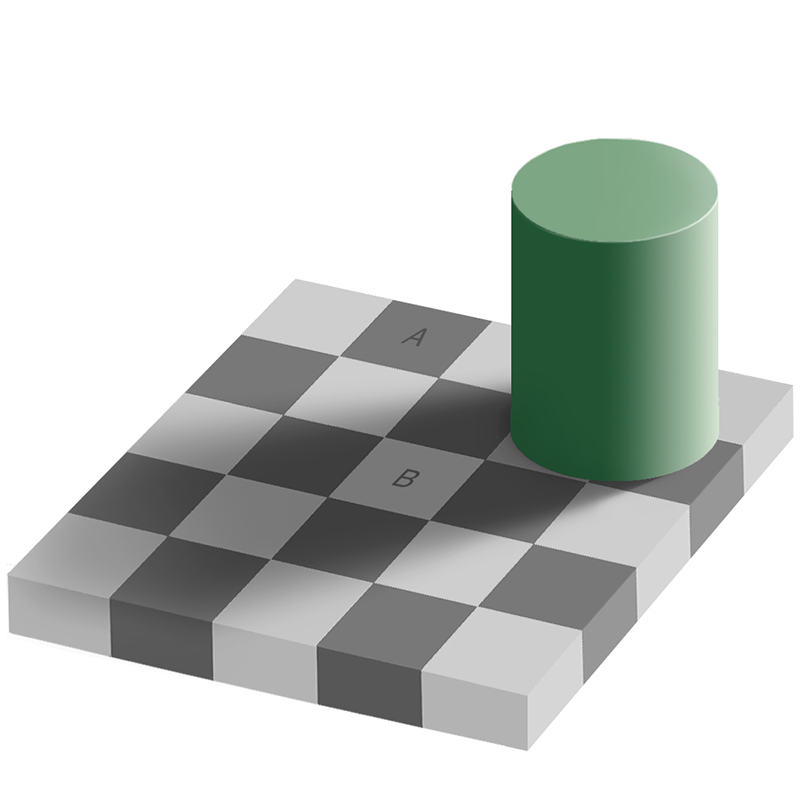The four-digit banding code is WFIB.

Long Legged Waders
White-faced Ibis
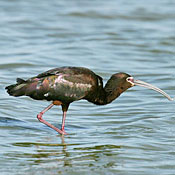
Length: 23 in. (58 cm )
View Citation
Bibliographic details:
- Article: White-faced Ibis
- Author(s): Dr. Biology
- Publisher: Arizona State University School of Life Sciences Ask A Biologist
- Site name: ASU - Ask A Biologist
- Date published: July 13, 2017
- Date accessed: November 12, 2024
- Link: https://askabiologist.asu.edu/activities/bird/white-faced-ibis
APA Style
Dr. Biology. (2017, July 13). White-faced Ibis. ASU - Ask A Biologist. Retrieved November 12, 2024 from https://askabiologist.asu.edu/activities/bird/white-faced-ibis
Chicago Manual of Style
Dr. Biology. "White-faced Ibis". ASU - Ask A Biologist. 13 July, 2017. https://askabiologist.asu.edu/activities/bird/white-faced-ibis
Dr. Biology. "White-faced Ibis". ASU - Ask A Biologist. 13 Jul 2017. ASU - Ask A Biologist, Web. 12 Nov 2024. https://askabiologist.asu.edu/activities/bird/white-faced-ibis
MLA 2017 Style
Be Part of
Ask A Biologist
By volunteering, or simply sending us feedback on the site. Scientists, teachers, writers, illustrators, and translators are all important to the program. If you are interested in helping with the website we have a Volunteers page to get the process started.







